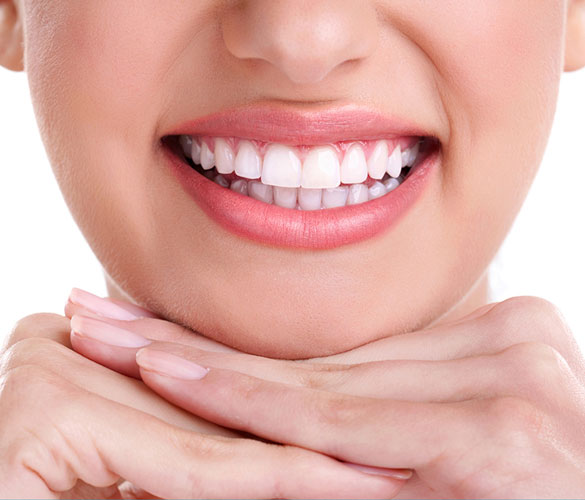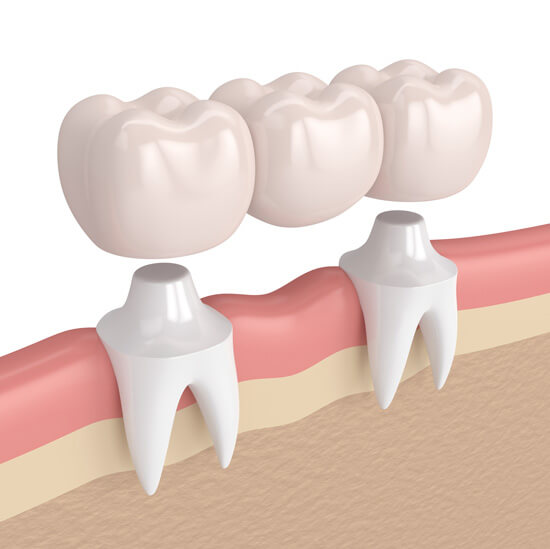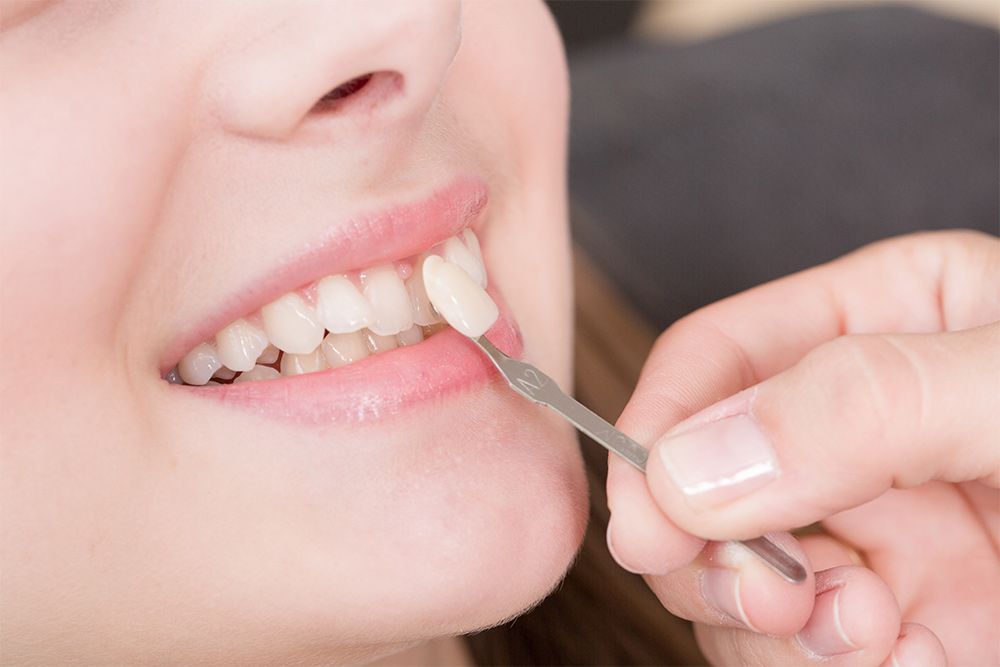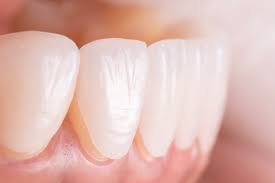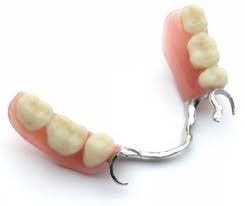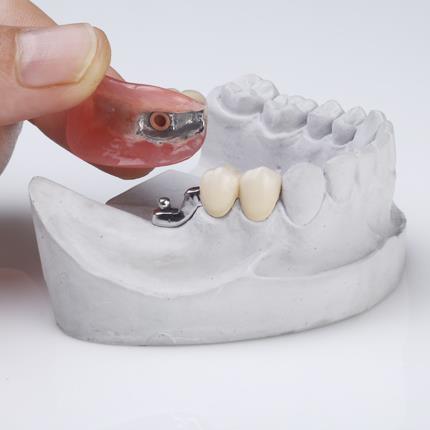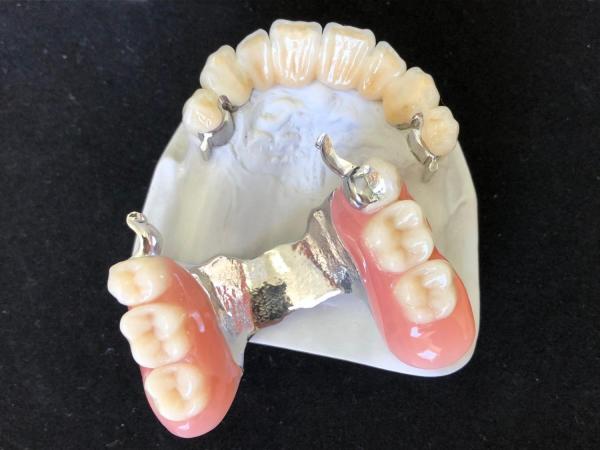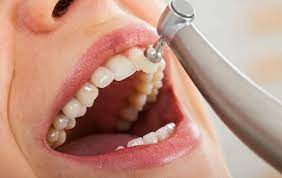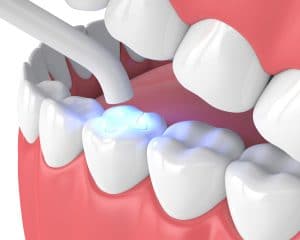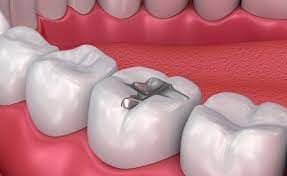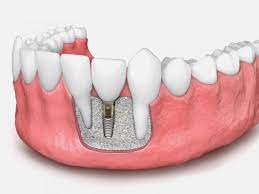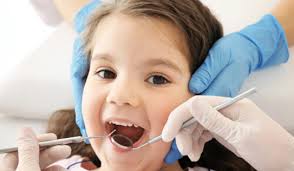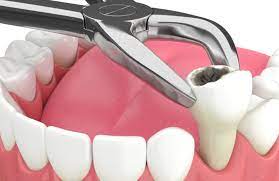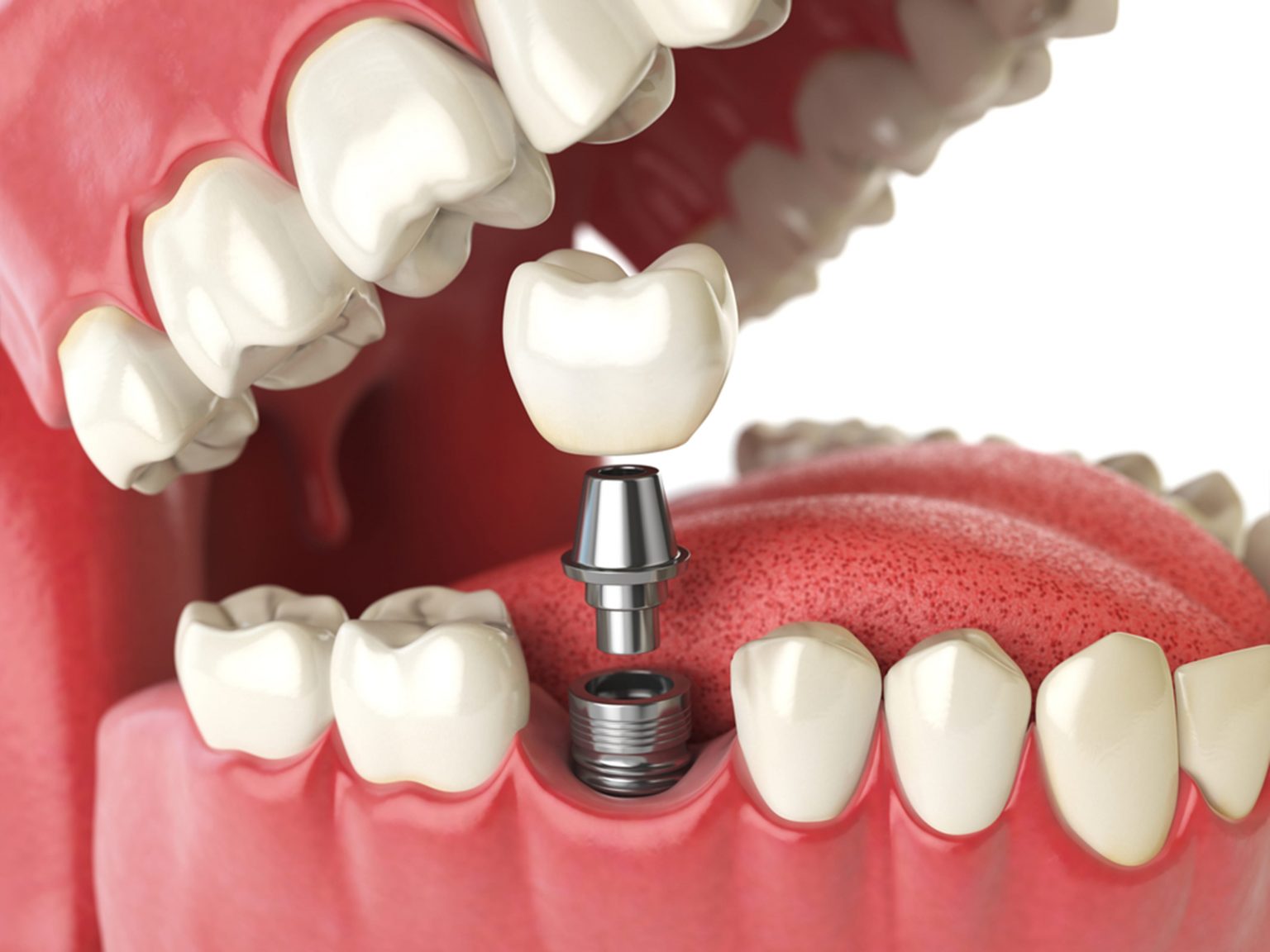
Regular Oral And Radiographic Checkups
Home-> services-> regular-oral-and-radiographic-checkups

Regular Oral And Radiographic Checkups
Regular oral and radiographic checkups, also known as dental checkups or dental exams, are essential for maintaining good oral health and preventing dental problems. These checkups involve a thorough examination of your teeth, gums, and overall oral cavity, as well as the use of dental X-rays to detect any underlying issues that may not be visible to the naked eye. Here's what you can expect during regular oral and radiographic checkups:
-
Oral Examination:
- Visual inspection of your teeth and gums: The dentist will examine your teeth for signs of decay, cavities, or damage, and assess the health of your gums for any signs of inflammation or gum disease.
- Evaluation of dental restorations: Existing dental restorations such as fillings, crowns, or bridges will be checked for integrity and functionality.
- Assessment of bite alignment: The dentist will evaluate how your upper and lower teeth come together (occlusion) to ensure proper alignment and functioning.
- Examination of soft tissues: Your tongue, cheeks, and other soft tissues of the mouth will be examined for any abnormalities or signs of oral cancer or other diseases.
-
Dental X-rays:
- Dental X-rays are commonly used to detect dental problems that may not be visible during a visual examination. They provide valuable information about the condition of the teeth, roots, jawbone, and surrounding structures.
- X-rays can help identify tooth decay, bone loss, impacted teeth, infections, cysts, tumors, and other issues that may require further treatment or monitoring.
-
Professional Teeth Cleaning:
- During your checkup, a dental hygienist will typically perform a professional teeth cleaning, also known as dental prophylaxis. This involves removing plaque, tartar (hardened plaque), and stains from your teeth using specialized tools and techniques. The cleaning helps prevent gum disease, tooth decay, and other oral health problems.
-
Oral Health Education:
- Your dentist or dental hygienist will provide oral health education and guidance on proper brushing and flossing techniques, as well as recommendations for maintaining good oral hygiene at home.
- They may also discuss diet and lifestyle factors that can impact your oral health and provide tips for preventive care.
-
Treatment Planning:
- If any dental issues or concerns are identified during the checkup, your dentist will discuss the findings with you and develop a treatment plan. This may include scheduling additional appointments for fillings, dental restorations, periodontal treatment, or any necessary procedures.
The frequency of regular checkups depends on individual oral health needs and can vary from every three to six months. Your dentist will recommend the appropriate interval for your specific situation.
Regular oral and radiographic checkups play a vital role in maintaining optimal oral health, preventing dental problems, and addressing any issues in their early stages. It is important to prioritize these checkups and follow your dentist's recommendations for ongoing care and maintenance.
